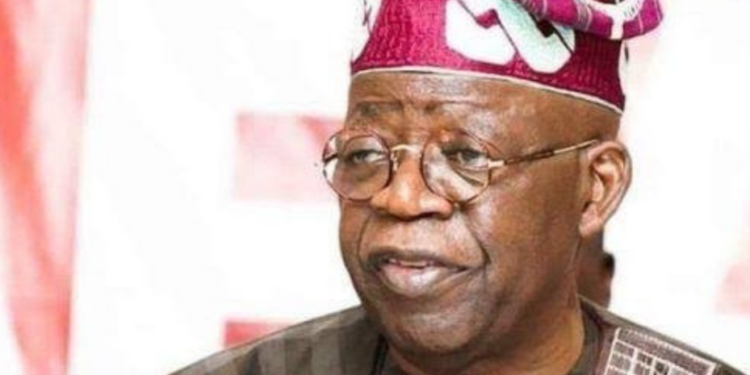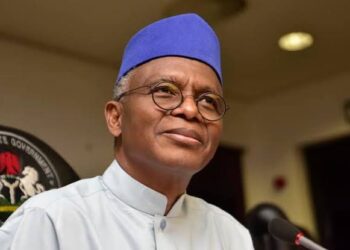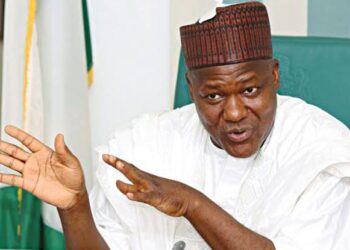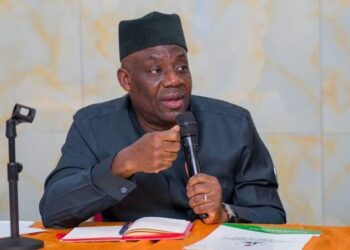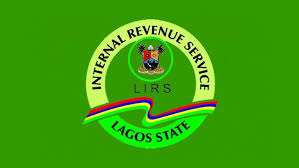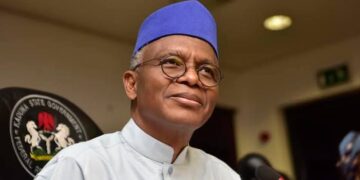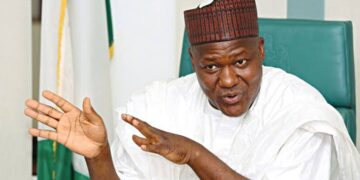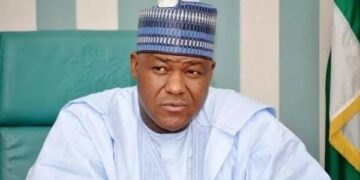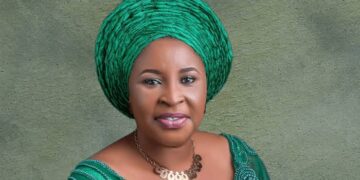President Bola Ahmed Tinubu has recently concluded his extended stay in the United Kingdom and has now embarked on a journey to Paris, France.
The visit is crucial as he is expected to engage in what has been characterized as an “important engagement.”
During his time in the UK, which lasted over a week, the president participated in various discussions and activities that were pivotal to his administration’s agenda.
Ibrahim Kabir Masari, the Senior Special Assistant to the president on political and related matters, provided this update on Friday through his account on X.
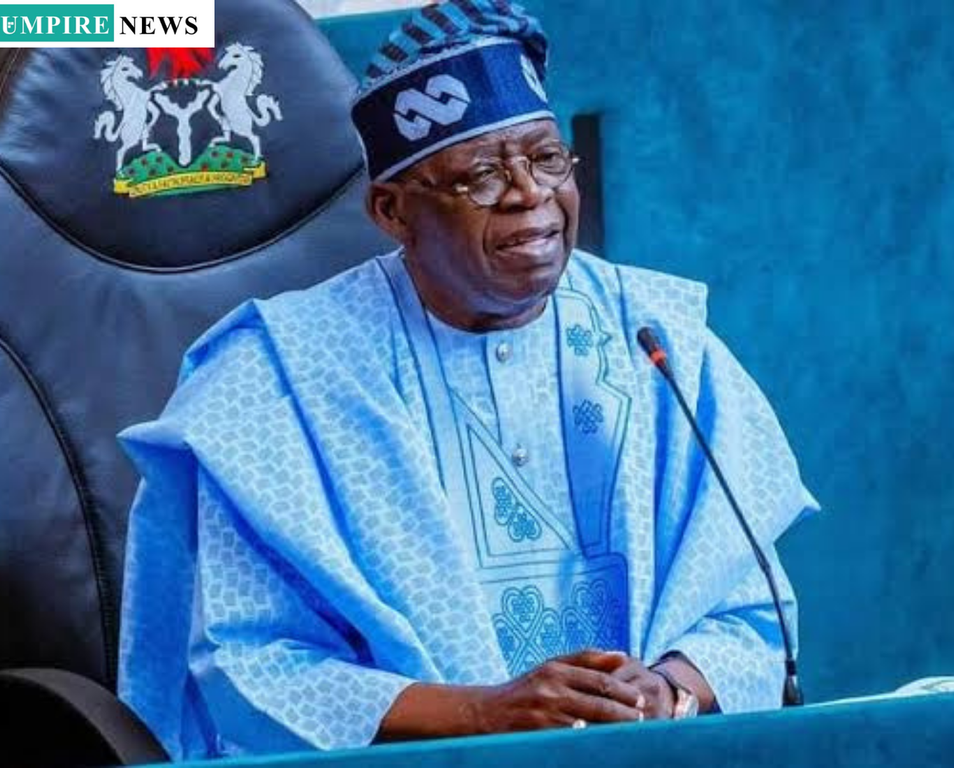
In his statement, Masari expressed, “Today, I had the honor of visiting President Asiwaju Bola Ahmed Tinubu GCFR at his private residence in the United Kingdom, where we engaged in productive discussions. We then departed for Paris, France, for another important engagement.”
This highlights the ongoing conversations and strategic planning efforts that the president is undertaking with his close advisors.
While the specifics of the engagement in Paris have not been made public, it is anticipated that the discussions may involve key issues relevant to both Nigeria and the international community.
Such engagements are crucial for building relationships, fostering cooperation, and addressing global challenges that may also impact Nigeria.
The timing of President Tinubu’s vacation raises concerns among the populace, particularly given the current economic challenges currently facing Nigeria.
The president had originally departed Nigeria on Wednesday, October 2, for a two-week working vacation in the UK, which forms part of his scheduled annual leave.
This vacation occurs amid growing discontent among citizens due to escalating living costs and economic hardship.
Recently, the Nigerian National Petroleum Company Limited announced an increase in the price of Premium Motor Spirit (petrol), raising it to N1,030 per litre.
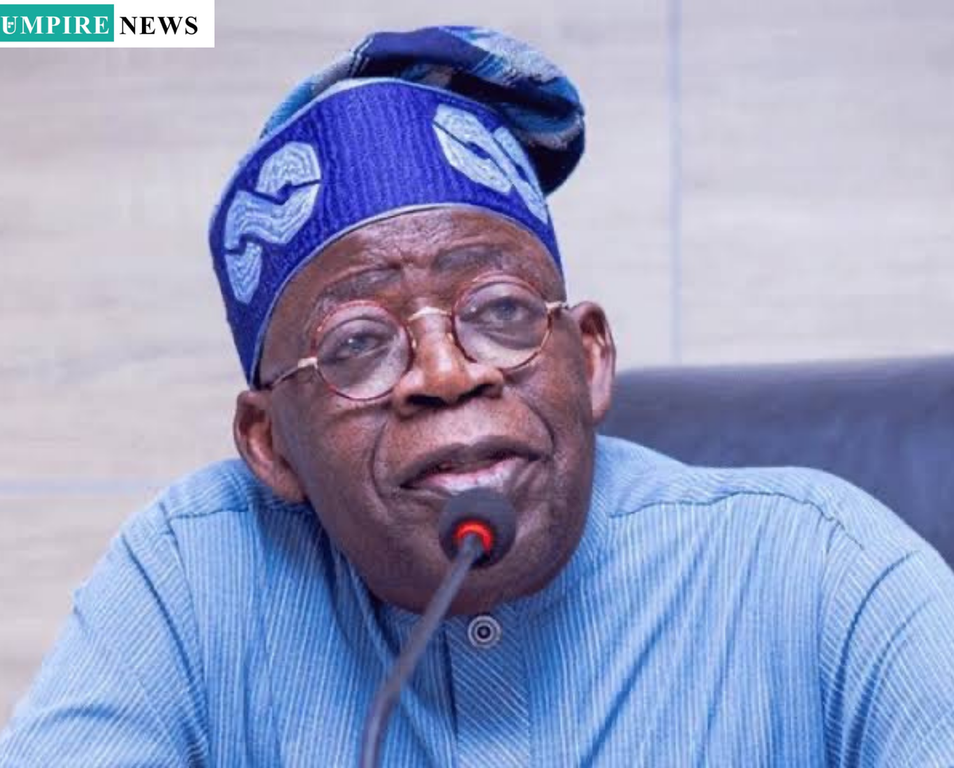
This decision has further strained the financial resources of many Nigerians, intensifying the already difficult circumstances that families and individuals are experiencing daily.
The hike in petrol prices often leads to a ripple effect, increasing transportation costs and the prices of essential goods and services.
The contrast between the president’s international engagements and the economic realities at home raises pertinent questions about governance priorities and the administration’s responsiveness to the pressing needs of the Nigerian populace.
Many citizens are looking for reassurance that their leaders are addressing the economic crises and striving to implement policies that will alleviate their burdens.
As President Tinubu participates in discussions in Paris, the hopes of many Nigerians rest on the outcomes of such engagements.
Citizens are keen to see a tangible impact on their lives and are awaiting initiatives that will help stabilize the economy and improve living conditions.
The effectiveness of these engagements could play a crucial role in shaping the future of Nigeria amidst the challenges it currently faces.


